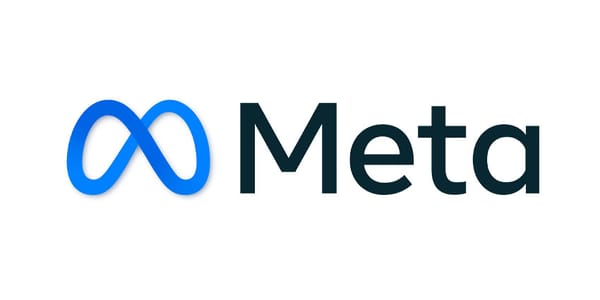How Technology is Revolutionizing Stock Market Trading
Explore how technology is revolutionizing stock market trading in the USA and India. From mobile trading apps and AI-driven strategies to blockchain and cybersecurity, discover the key innovations reshaping financial markets.

In the world of stock market trading, technology is the new frontier that's reshaping how we invest, trade, and interact with financial markets. Both the USA and India are witnessing profound changes as technology transforms stock trading landscapes, making it more accessible, efficient, and dynamic. Here’s a closer look at how technology is revolutionizing stock market trading across these two diverse markets and what it means for investors today.
1. Democratization of Trading
Gone are the days when stock market trading was the exclusive domain of institutional investors and wealthy individuals. Technology has democratized access to trading, enabling more people to participate in financial markets. This shift is particularly evident with the rise of mobile trading platforms and discount brokerages that cater to retail investors.
In the USA, platforms like Robinhood have made significant strides in this area. Robinhood’s user-friendly interface and zero-commission trades have attracted millions of new investors, particularly younger individuals who previously felt excluded from stock trading.
In India, the Digital India Initiative has accelerated the adoption of technology in trading. Apps like Zerodha and Upstox have empowered a new generation of traders with affordable and accessible trading solutions, bridging the gap between urban and rural investors.
2. High-Frequency Trading (HFT)
High-frequency trading (HFT) algorithms have revolutionized how trades are executed by leveraging powerful computers to execute trades at lightning speed. While this has increased market liquidity and efficiency, it has also introduced new challenges, such as heightened market volatility.
In the US, firms like Citadel Securities are pioneers in HFT, using sophisticated algorithms to capitalize on minute price fluctuations. These technologies contribute to both liquidity and volatility, reshaping trading dynamics and influencing market behavior.
In India, the Securities and Exchange Board of India (SEBI) has implemented regulations to manage HFT's impact. The introduction of measures like minimum resting periods for orders aims to balance the benefits of high-speed trading with the need for market stability.
3. Rise of Mobile Trading
Smartphone apps have revolutionized how people interact with the stock market. Mobile trading apps provide real-time data, seamless transaction capabilities, and intuitive interfaces, making it easier for investors to trade on the go.
In the US, apps like E*TRADE and Charles Schwab have embraced mobile trading, offering comprehensive features that allow users to track portfolios, execute trades, and access market research from their smartphones.
In India, mobile trading has also seen tremendous growth. Groww and Kite by Zerodha are leading examples, providing investors with tools to manage their investments efficiently and conveniently. The rise of mobile trading platforms has brought stock market participation to a broader audience, enhancing financial inclusion.
4. Artificial Intelligence (AI) and Machine Learning
Artificial Intelligence (AI) and machine learning are transforming stock market trading by providing advanced analytics, predictive models, and automated trading strategies. These technologies help traders and investors make informed decisions based on data-driven insights.
In the US, firms like Two Sigma and Renaissance Technologies are at the forefront of AI-driven trading strategies. They use AI to analyze vast amounts of data, identify patterns, and execute trades with precision, often outperforming traditional methods.
In India, AI is making waves in financial services as well. Quantiphi is an example of an Indian firm leveraging AI for sentiment analysis and portfolio management. By harnessing AI, Indian traders and investors are gaining access to sophisticated tools that were once reserved for the elite.
5. Blockchain and Cybersecurity
Blockchain technology holds the potential to enhance transparency and security in stock market transactions. It provides a decentralized ledger that can reduce fraud, streamline settlement processes, and increase trust in trading systems.
In the US, the DTCC (Depository Trust & Clearing Corporation) is exploring blockchain solutions to improve the efficiency of clearing and settlement processes. By leveraging blockchain, the US is aiming to create a more transparent and secure trading environment.
In India, the use of blockchain is still in its early stages, but it shows promise for improving financial transactions and record-keeping. Additionally, cybersecurity remains a critical concern as trading platforms face increasing threats from cyberattacks. Ensuring robust security measures is crucial for protecting sensitive financial data and maintaining investor confidence.
The technology revolution is transforming stock market trading in the USA and India, making it more accessible, efficient, and dynamic. From the democratization of trading and the rise of high-frequency trading to the adoption of AI and blockchain, these advancements are reshaping the financial landscape. For investors in both countries, embracing these technological changes can offer new opportunities and insights, driving more informed and effective trading strategies.
Stay ahead in the game with the latest tech trends!
Written by Luna Lush, Aktel Innovate




